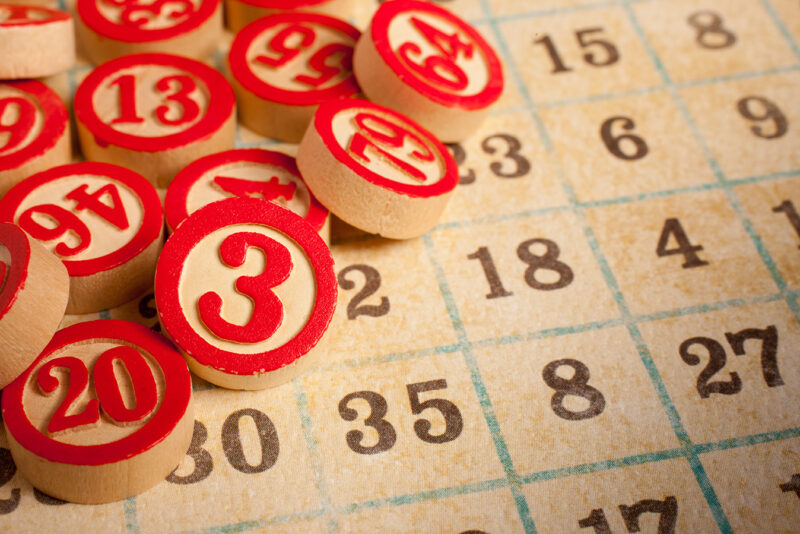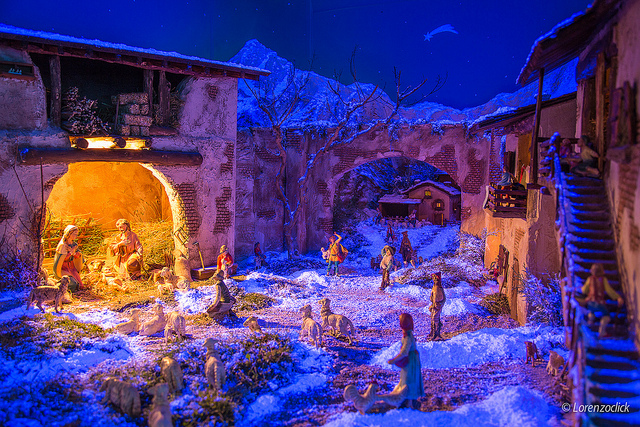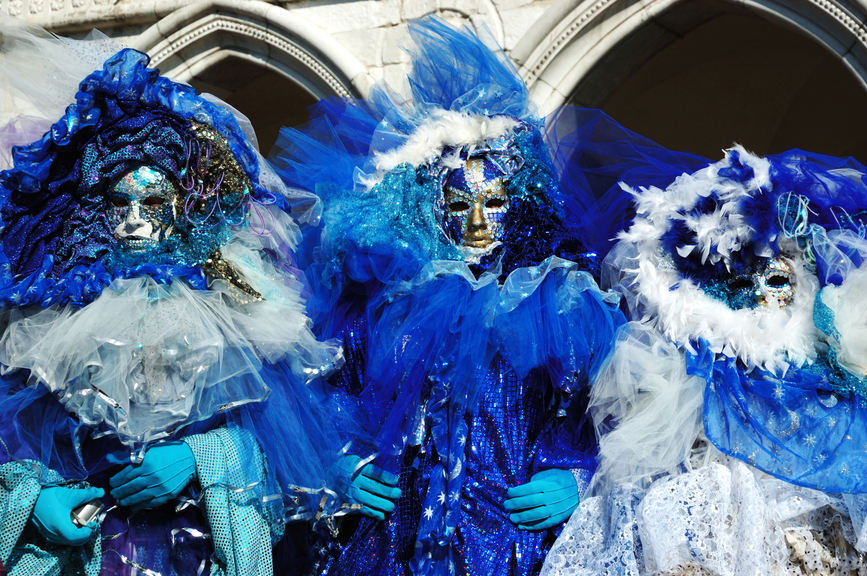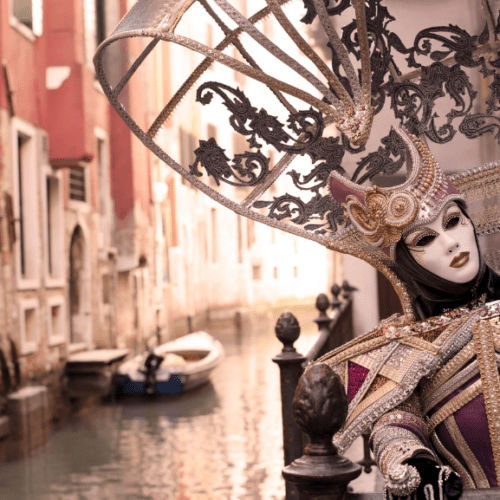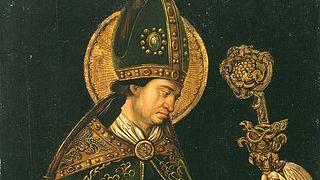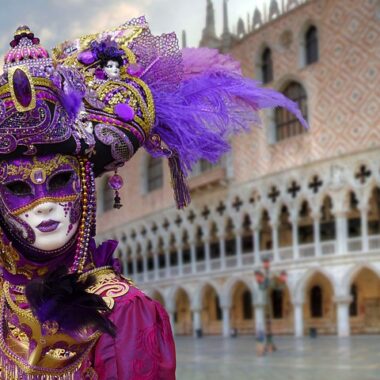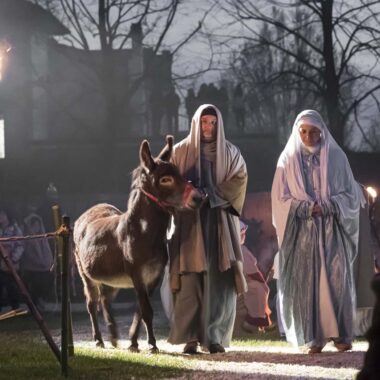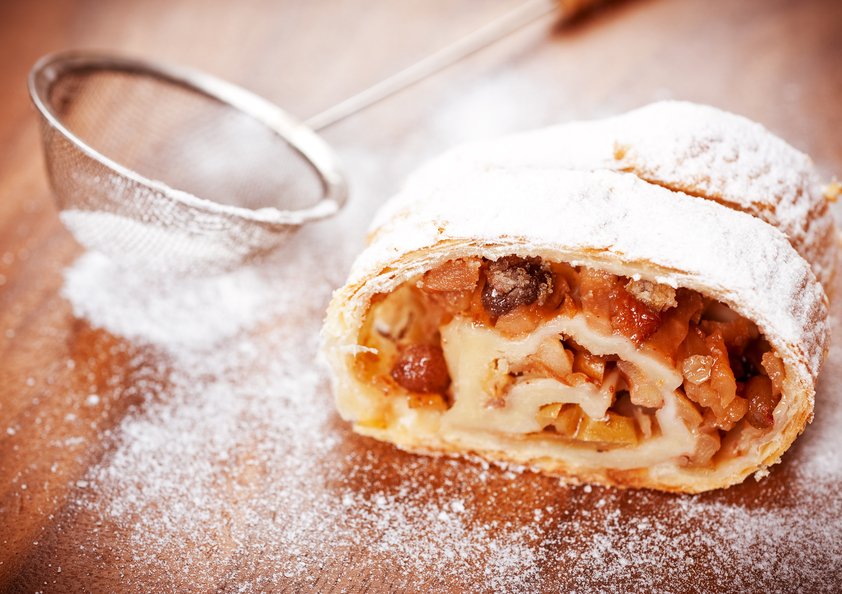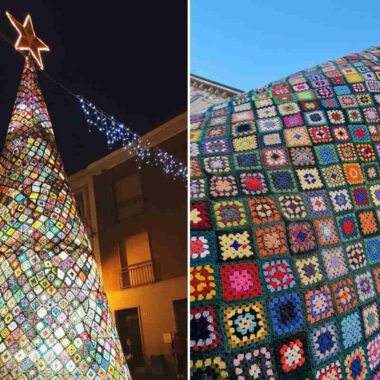In Italy, tombola is the classic game of festive days. There’s not a family that hasn’t played it at least once during Christmas or at the New Year’s Eve dinner. Have you ever wondered about its origins, history, and especially how to play? Well, today let’s shed some light on the game of tombola, the world-famous Neapolitan game very similar to bingo!
Whether played with real money, prizes at stake, or just for the joy of playing, tombola delights both young and old. Regardless of the type of player you are, remember that tombola is more enjoyable when played in a group of many people—what’s the fun otherwise?
The History of Tombola
A Real and Profitable Quarrel
Tombola did not emerge by chance but out of necessity. Let’s travel back to Baroque Naples under the rule of King Charles III. It seems that tombola originated from a dispute between the king and his spiritual father, Father Gregorio Maria Rocco. The two had different views on how to manage the rapid spread of the lottery, which was very popular in the kingdom. The king wanted to keep it under public control to prevent the growth of illegal lotteries, while Father Gregorio considered it deceptive and immoral, which would lead people away from the path of God.
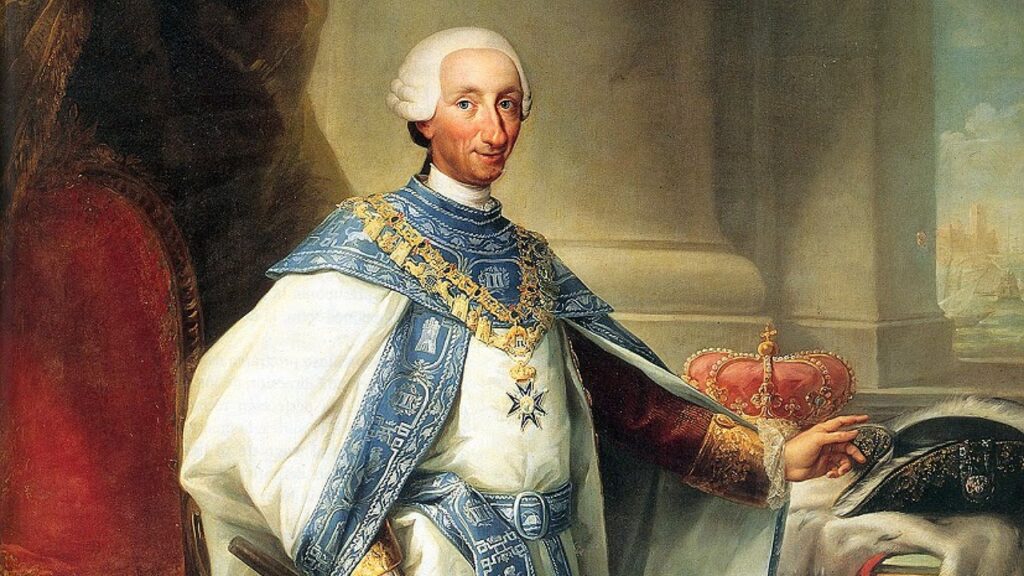
The royal disagreement ended in a stalemate. The lottery was prohibited during the Christmas festivities to avoid distracting the faithful from prayer. However, the Neapolitan citizens were not too pleased with this compromise and transformed the lottery into a household game, which became the tradition of Neapolitan Christmas. Originally played at home, with few symbolic prizes at stake.
Pronouncing Numbers Aloud was Prohibited
As the game originated as a legal variant of the lottery, continuing to announce the drawn numbers loudly wouldn’t have been a smart move. To address this, in Naples, they turned to the Smorfia book. This book was used to interpret dreams and extract numbers to play in the lottery.
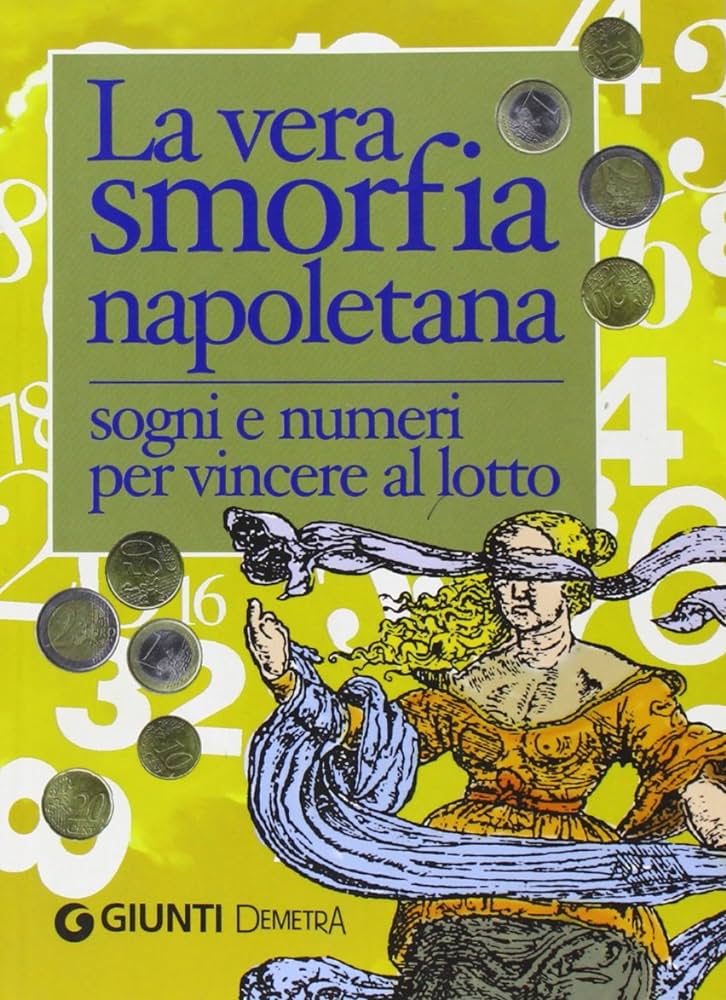
The Smorfia Book associates numbers from 1 to 90 with images or situations from daily life that one might dream about. Using the Smorfia vocabulary, the number 90 became fear, 1 became Italy, and 25 became Christmas, allowing players to discreetly play under the radar.
Some famous numbers in Italian tradition according to the Smorfia are:
- 1: Italy
- 8: The Madonna
- 13: Saint Anthony
- 16: The buttocks
- 21: The naked woman
- 25: Christmas
- 33: Years of Christ
- 46: The Money
- 62: The bride
- 71: The man of bad luck
- 78: The prostitute
- 85: Souls in Purgatory
- 90: Fear
Why Is It Called “Tombola”?
I must admit that the name is a bit unusual. Even as a native Italian speaker, I can’t tell you that it resembles many other words with a known meaning. However, names are never random and always somehow connect to tradition.
Although there are several theories behind the origin of the name, the Italian language doesn’t disappoint this time either. It seems that the word tombola recalls the cylindrical wicker basket (panariello) in which the numbers were originally mixed.
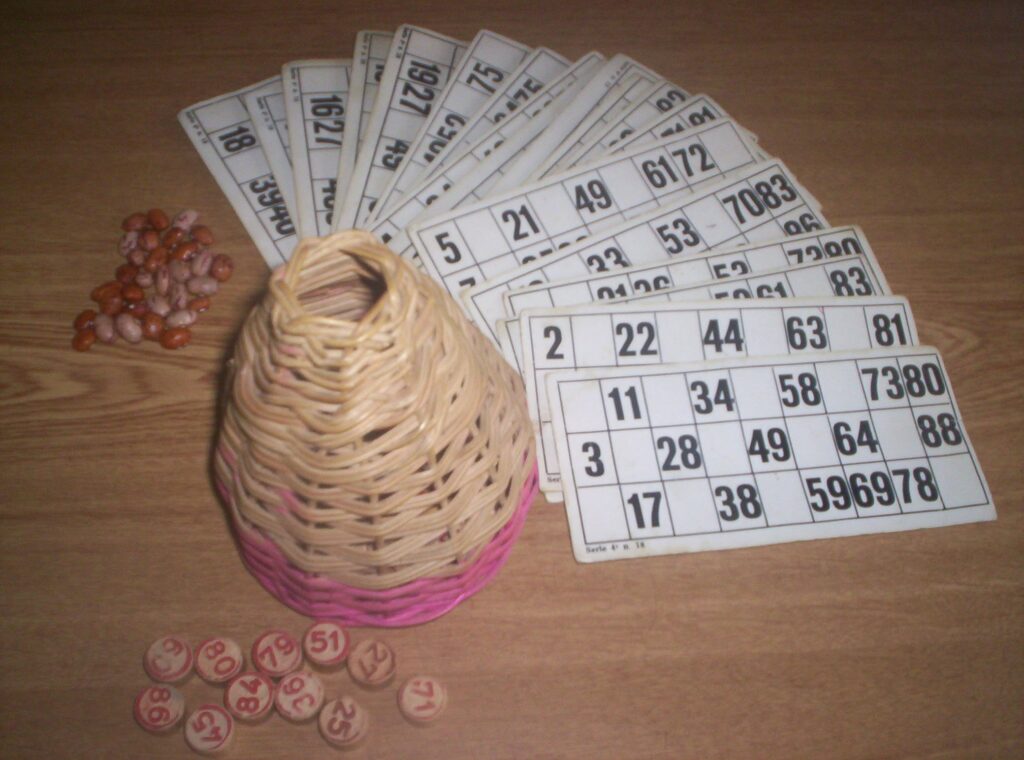
The Rules Of The Game
The game is extremely simple and is essentially based on the randomness of the drawn numbers. Due to this inherently random nature, in Italian, the word tombola is also used to indicate an unexpected fortunate event or winning a large sum of money. For example, in Italy, you might hear “You won a tombola!” in contexts implying a significant cash prize.
The croupier has a board in front of them with 90 numbers (from 1 to 90) and a container (the former panariello) from which to draw them. Each turn, the croupier will draw a number, occupy the corresponding square on the board, and announce it to the players, usually citing the associated Smorfia.
On the other hand, players have one or more cards (generally purchased to compete for a winning sum), each divided into 3 rows, each containing 5 numbers. Each time the drawn number is on the card, the player covers the corresponding square.
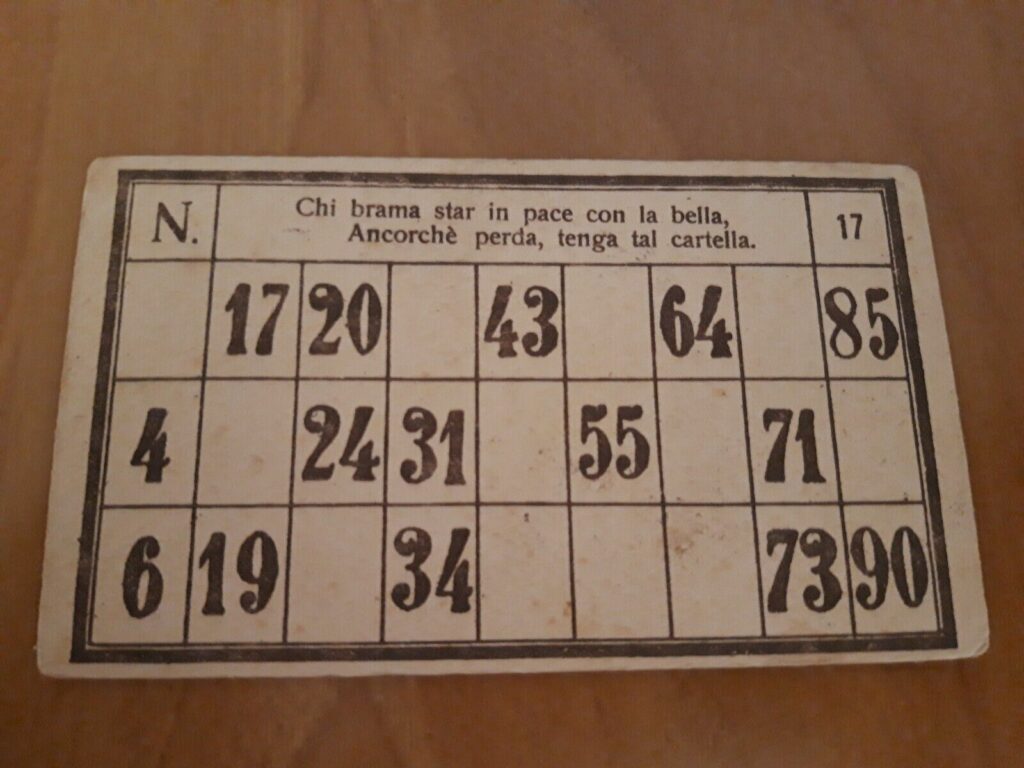
The goal of the game is to close all the squares before other players, that is, to make tombola. However, it’s customary to award smaller prizes for intermediate stages:
- Ambo: won by the first player to cover two numbers on the same row of a card
- Terno: Three numbers in the same row
- Quaterna: Four numbers in the same row
- Cinquina: All five numbers in the same row
- Decina: Two complete rows in the same card
Normally, the total amount from the sale of cards is proportionally divided in increasing order for each prize.
A Family Game in Perfect Harmony
The game of tombola quickly spread within a family context and remains the primary setting for playing even today. Of course, there are online betting sites or situations with high stakes for each tombola win. However, tombola remains the quintessential game for Christmas festivities with family and friends, having nothing to do with jackpots or gambling issues seen in similar games like the lottery or bingo.
